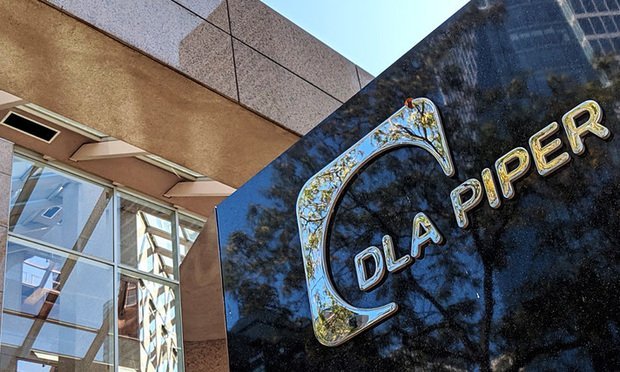Now Reading: Understanding The Timeline: How Long Does Probate Take?
-
01
Understanding The Timeline: How Long Does Probate Take?

Understanding The Timeline: How Long Does Probate Take?
Probate is a legal process by which a deceased person’s will is validated, and their estate is administered. Understanding the probate timeline is crucial for executors and beneficiaries alike, as it can significantly impact the distribution of assets and the overall handling of the deceased’s estate.
But how long does probate take? The duration varies widely depending on several factors, including the size and complexity of the estate, the specific probate laws of the state where the deceased lived, and whether the will is contested.
Here’s a detailed exploration of the typical stages in the probate process and the factors influencing how long each stage may take.
Initiation Of The Probate Process
Probate typically starts by designating an executor or administrator who will oversee the process. This individual is often named in the will or, if no will exists, appointed by a court. The first step is to initiate a petition with the probate court to take the will to probate and designate the executor or to appoint an administrator if there’s no will.
However, for more detailed guidance on navigating this legal process, visiting reputable legal websites and resources like dallasprobatelaw.com can be an excellent idea as they provide valuable insights.
Validating The Will
Once probate has been initiated, the court works to validate the will. This involves proving the will is legally valid, typically through a court hearing. Notice of this hearing is given to all interested parties, such as beneficiaries and potential heirs. The timeline for this stage depends on the court’s schedule and any challenges to the will’s validity. If no objections are raised, this process can be relatively quick, often taking a few weeks to a few months.
Inventory And Appraisal Of The Estate
Following the validation of the will, the executor must inventory the deceased’s assets and, if necessary, have them appraised. This process includes identifying and valuing everything from real estate and bank accounts to personal property and investments. The complexity and size of the estate can significantly influence the duration of this phase, which can take several months to complete.
Payment Of Debts And Taxes
The executor is also responsible for paying any outstanding debts and taxes owed by the estate. This may involve liquidating assets to generate the necessary funds. These obligations must be settled before assets are distributed to heirs, as failing to do so can result in legal complications and delays. This stage can take a few months to over a year, particularly if the estate is subject to federal or state taxes.
Distribution Of The Estate
Once all debts and taxes have been paid, the executor can distribute the remaining assets to the beneficiaries as stipulated in the will. This stage can be straightforward if the will is clear and all parties are in agreement. However, if disputes arise, this can extend the process significantly. The distribution phase typically takes a few months, but conflicts or other complications can extend it much longer.
Closing The Estate
The final stage of probate involves closing the estate. This includes preparing a final account and report for the court, showing how everything was handled. The executor will then seek the court’s approval to distribute any remaining assets and discharge their duties. This process usually takes a few months, assuming there are no objections to the final report.
Factors Influencing The Probate Timeline
Multiple factors influence the timeline of probate, each contributing to the overall duration and complexity of the process. These include:
- The Presence of a Will: Estates with a will typically experience a smoother and quicker probate process. The will provides explicit directions on asset distribution, reducing uncertainty and potential disputes among beneficiaries. Without a will, the court must determine asset distribution based on state laws, which can be a lengthier process.
- Size and Complexity of the Estate: The scale and nature of the estate’s assets play a critical role. Larger estates, or those comprising complex assets such as businesses, real estate in multiple jurisdictions, or diverse investment portfolios, require more time for thorough inventory and appraisal.
- State Probate Laws: Each state has unique probate laws that affect how quickly and efficiently an estate can be processed. These laws dictate everything from the necessary paperwork to the methods of notifying creditors and heirs, impacting the overall timeline.
- Family Dynamics: The dynamics among surviving family members and other beneficiaries can significantly influence the process. Disputes over the will’s interpretation, validity challenges, or asset distribution disagreements can lead to lengthy legal proceedings.
- Court Caseloads: The efficiency of the local court system also affects the probate timeline. Higher caseloads, staff shortages, or administrative delays can slow down the progression of cases through the court.
Knowing these factors can help beneficiaries set realistic expectations and plan accordingly. It’s important for executors and heirs to work collaboratively and seek professional guidance to navigate the complexities of probate effectively.
Conclusion
Understanding these stages and factors can help prepare executors and beneficiaries for the probate process by setting realistic expectations for the time it may take to resolve an estate. Executors should prioritize organization, thorough documentation, and effective communication to minimize delays and ensure a smooth probate process.










